Over 100 Olympic athletes returned their Paris 2024 medals after discovering the poor condition of the medals received during the Games.
More than 100 athletes have decided to return their Olympic medals from the Paris 2024 Games.
This decision comes after many of them reported problems with the quality of the medals they received.
The return of these medals highlights serious concerns about the materials used and the overall craftsmanship of the awards.
The issues with medal quality
The problems with the medals became evident during the Games.
Athletes began to notice that their medals were showing signs of damage and rust shortly after they received them.
Nyjah Huston, an American skateboarder, was one of the first to bring attention to this issue.
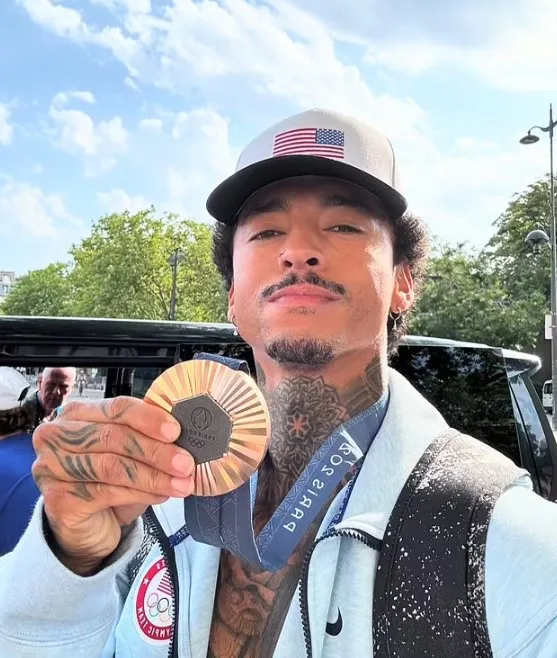
He shared images of his bronze medal, which started chipping just days after he won it.
Huston’s viral post drew attention to the poor condition of the medals, prompting others to speak up.
‘Alright, so these Olympic medals look great when they’re brand new, but after letting it sit on my skin with some sweat for a little bit and then letting my friends wear it over the weekend,
they’re apparently not as high quality as you would think,’ he said.
‘I mean, look at that thing. It’s looking rough. Even the front. It’s starting to chip off a little.
So yeah, I don’t know, you maybe gotta step up the quality a little bit.’
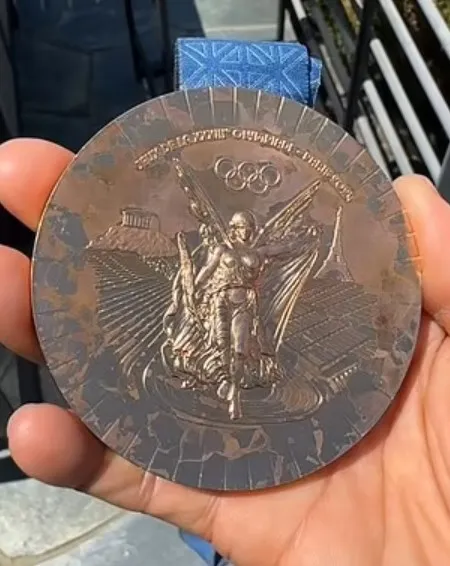
Following Huston, several other athletes also shared their experiences.
For example, Team USA athletes Nick Itkin and Ilona Maher posted pictures of their medals, showing similar signs of deterioration.
Their posts created a wave of responses from other competitors who felt the same frustration.
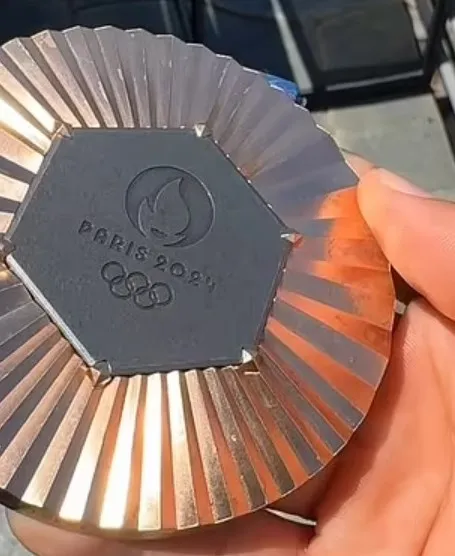
French swimmers expressed serious concerns on social media.
Two French swimmers, Clement Secchi and Yohann Ndoye-Brouard, added their voices to the growing chorus of complaints.
They shared pictures of their bronze medals, which they described as looking like “crocodile skin.”
Their experiences further confirmed that the quality issues were not isolated incidents but a widespread problem affecting many athletes.
Reports indicate that the issue has become significant enough that the company responsible for making the medals, Monnaie de Paris, has been let go.
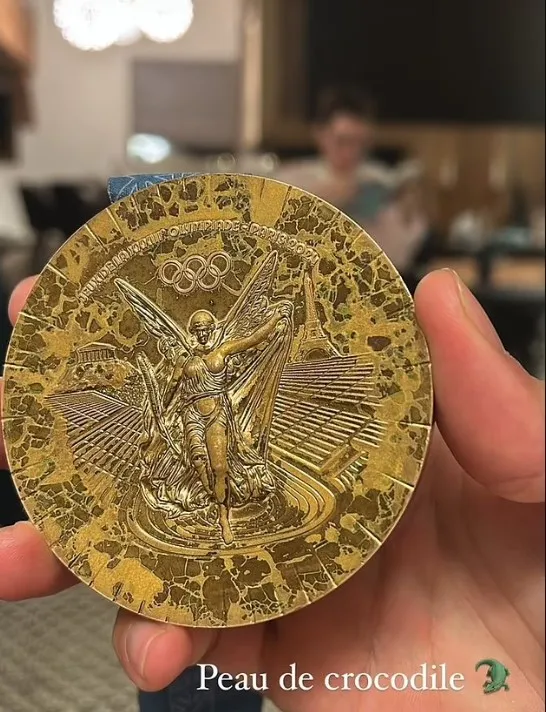
It seems that problems arose from a ban on certain components that were typically used in medal production.
Additionally, there was not enough time to properly test the materials before the Games.
Athletes have expressed their disappointment and frustration at the situation.
Nyjah Huston remarked on the quality of the medals, saying they look great when new but deteriorate quickly with regular wear.
He stated, “After letting it sit on my skin with some sweat, they’re not as high quality as you would think.”
British diver Yasmin Harper also reported tarnishing on her bronze medal within a week of winning it.
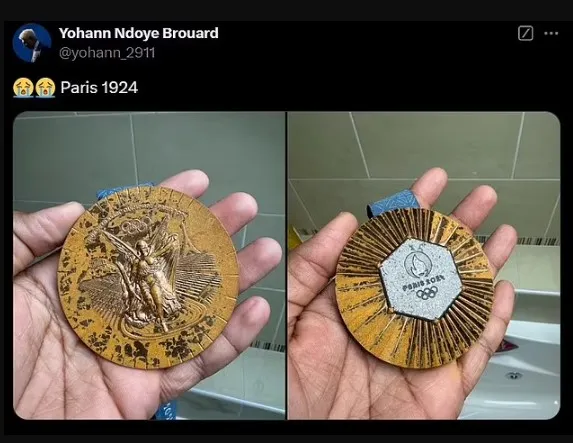
She mentioned that it might be due to water or other elements getting under the metal.
Her experience echoes the sentiments of many who feel that their achievements have been tarnished by the poor quality of the awards.
‘There’s been some small bits of tarnishing,’ said Harper who won Britain’s first medal of the Games.
‘I think it’s water or anything that gets under metal, it’s making it go a little bit discolored, but I’m not sure,’ British diver Yasmin Harper said.
The design of the medals
The Paris 2024 medals were designed by the luxury jeweler Chaumet.
They contain a piece of iron from the Eiffel Tower, which is meant to symbolize the host city.
However, the composition of these medals has been called into question, especially considering that bronze medals typically contain copper, zinc, and tin.
The combination of these metals can impact how quickly they degrade when exposed to air and moisture.
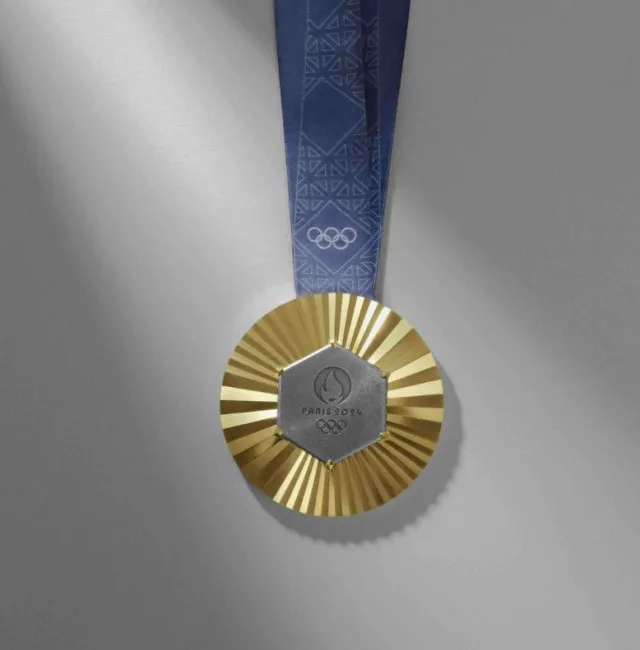
The growing list of returned medals
A report from a French publication indicates that the number of athletes returning their medals has now surpassed 100.
This return is unprecedented and reflects the athletes’ dissatisfaction with how their accomplishments have been recognized.
The International Olympic Committee (IOC) has been contacted for comments about the situation.
Many athletes believe their concerns have not been adequately addressed.
They are calling for better quality standards in the future to ensure that such issues do not happen again.